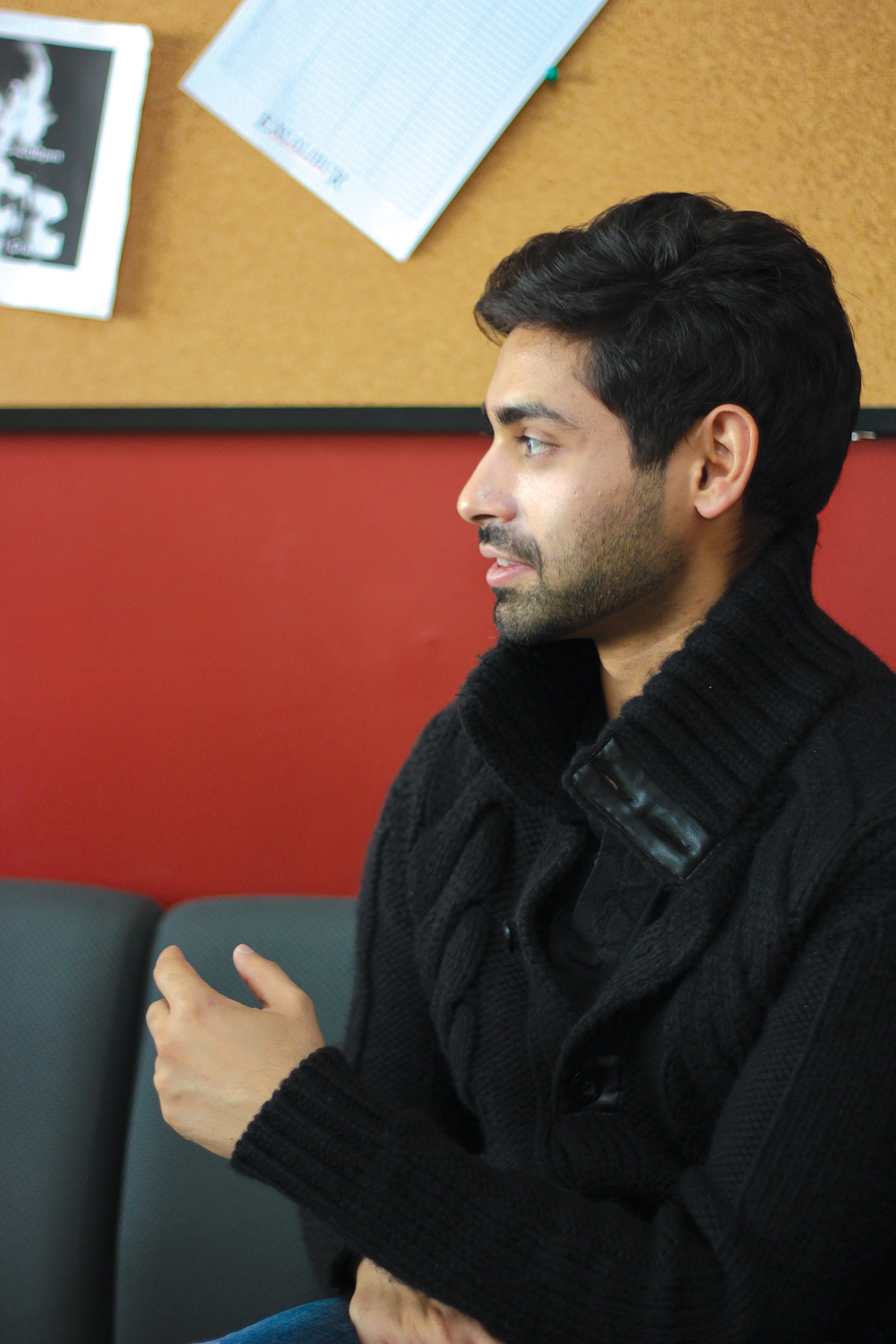Aka Odii
Contributor

For 23-year-old liberal arts major Neil, coming out to his family was one of those moments he wanted to avoid.
“When I first opened up to my parents, I was really worried that they would disown me,” says Neil. “At the time I was completing my schooling in Montréal and I knew that my funding would immediately stop after they found out.”
When Neil finally did decide to tell them, just like he predicted, they immediately stopped his funding and he was forced to come back home. It took a full year for things to settle down inside his home before he could return to school. Even though it’s been a while since he came out, things are still difficult for him at home.
“My father still makes comments about me being a fag,” he says.
The biggest problem, Neil admits, is that society has taught people to think a certain way. People instantly assume that because a man is gay, he therefore forfeits his masculinity.
“My parents thought that because you’re gay, you are going to be a male prostitute,” Neil explains.
This isn’t the only stereotype around. According to Ramon Johnson, an openly gay speaker at Live Out Loud Reciprocity Foundation, a youth diversity organization, there are many gay stereotypes that media outlets support. A few people think that all gay men are feminine, that all gay men like anal sex. Because so many people have little exposure to the queer and trans community, many just rely on the media for their information.
It was even harder for Neil, seeing as his is a traditional Indian family. His parents see it as a matter of pride to boast on how extravagant and large their family is.
“Being an only child, I am their only way to receive grandchildren,” he says. “Now you can understand my stress in telling them I’m gay. I was concerned that my choice was taking something away from them.”
Neil stresses the importance of having a positive support system. With his friends’ support, he found the courage to be his true self. Somehow, facing his parents and other obstacles became manageable. Knowing his social relationships would remain the same was a constant comfort.
And even though his parents may still need time to accept him, Neil believes that through more gay-friendly initiatives, people won’t mind that their child is queer.
Accepting someone for who they are is a message we can all relate to. Only through the media, Pride events, and early education will people begin to accept the queer and trans community as part of the future.



